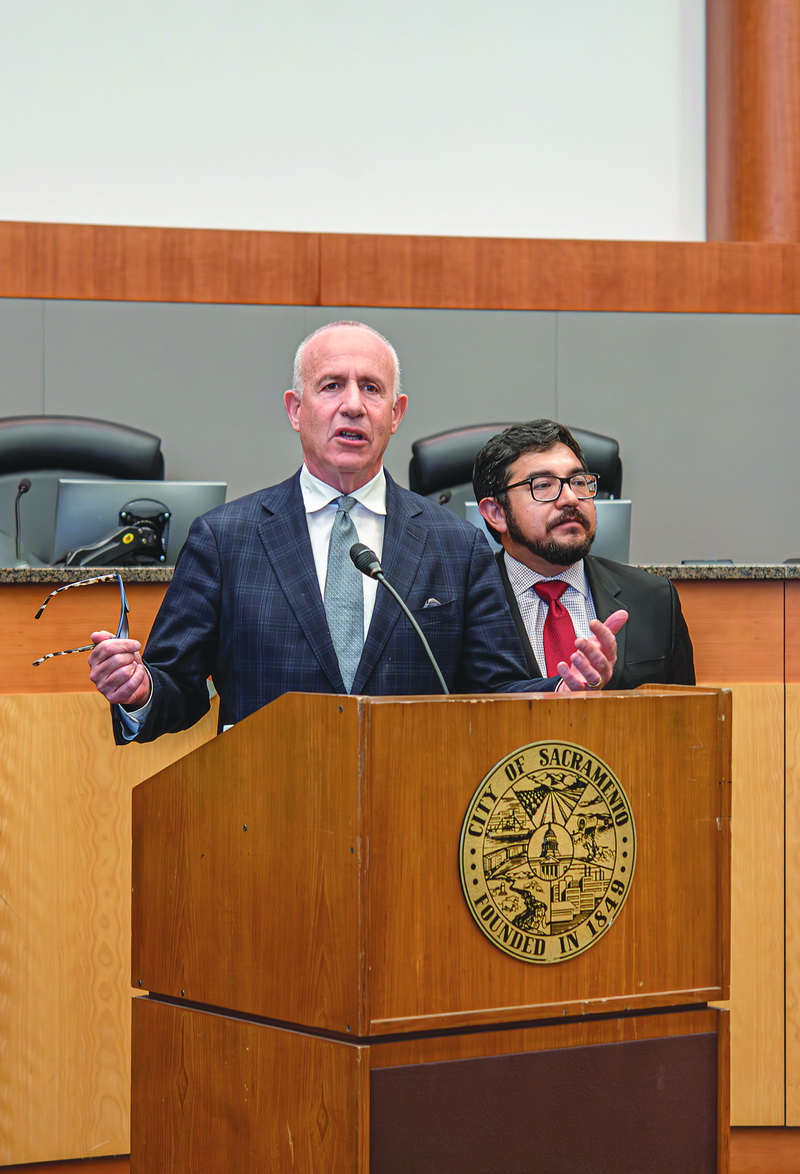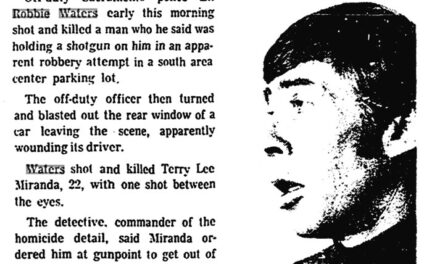Finally got around to reading the city auditor’s “Preliminary Report on the City’s Homeless Response.” Hated it. Then I read it again. Loved it.
People told me the report was a lightweight, whitewashed effort, a statistical compendium lacking analysis on how the city’s political leadership failed to manage encampments, drug sales, fires and crime.
On the surface, critics were right. The report makes zero effort to analyze decisions that turned Sacramento into a national disgrace, a place where tents line sidewalks, enforcement is discouraged and residential pleas for help are answered with, “Sorry, nothing we can do.”

The audit offers no explanation why homelessness expanded after the city spent $57.3 million on solutions in 2022-23. Self-defeating policies and misguided political priorities go unexamined.
“The City Council remains committed to ensuring the protection and advancement of an adequate standard of living for every resident,” the report says. Seriously?
But look deeper. The auditors reveal more than they intend. Beneath the servile facade stands an indictment of Mayor Darrell Steinberg and the City Council over the past eight years.
No names are mentioned. No accusations leveled. But it’s there.
The report was released several weeks after City Auditor Jorge Oseguera resigned. Reasons for his abrupt departure aren’t explained, but he left like a guy whose patience had run out.
Farishta Ahrary, principal policy analyst in the auditor’s office, signed the report. She’s Oseguera’s temporary replacement.
It’s understandable why an interim auditor might be reluctant to embarrass the mayor and City Council. They hire the city auditor.
We’re left with a document that operates on two levels.
The surface presents a tentative, data-heavy review of objective facts. Homeless population growth is graphed like a rocket launch. Numbers climb to the sky. Lucrative city contracts with service providers are also recorded.
Handy reference material. But readers aren’t told what it all means. Good stuff comes later, interpretations required.
The report opens with excuses for Steinberg and City Council. The federal appellate court case Martin v. Boise is blamed for stopping the city from removing encampments. As always, Martin gets misrepresented.
The audit disingenuously says Martin “severely limits a local municipal agency’s abilities to enforce certain laws.” To its credit, the report admits that’s not really true 36 pages later.
Other familiar City Hall deflections fill early pages.
The tight housing market catches blame for all those tents. County inadequacies are noted. There’s a bizarre explanation for why code violations aren’t enforced. It’s staff resignations! Code inspectors quit and move to Folsom and Roseville, where fewer unsheltered people congregate.
Excuses don’t establish why the local homeless population skyrocketed from 2,700 to 10,000 after Steinberg took office in 2016.
Answers surface when the audit digs into the city’s response. The city’s goal wasn’t to remove tents and discourage new campers. The plan was, Let’s create a new bureaucracy and see what happens.
As with most government projects, the mission involved securing short-term dollars, hiring staff and vendors, spending money fast and asking for more. Nobody thought about accountability or performance metrics or outcomes.
Despite endless press conferences by Steinberg, the city didn’t create a comprehensive strategy to get people off the streets. The audit describes piecemeal efforts by city departments, county agencies and vendors. All siloed and winging it.
The audit’s prose doesn’t soar. But the words describe a haphazard, uncoordinated approach, doomed to fail.
“We believe the city is capturing and reporting on valuable data but may not be performing adequate analysis to optimize enforcement.”
“This disaggregation raises questions on how the data can be efficiently compiled to demonstrate the full operational response and cost to the city.”
“The city does not appear to have a centralized process to account for homeless-related costs.”
“This thus limits the city’s ability to compile homeless-related expenditures using a more streamlined and efficient approach.”
Eight wasted years. Millions of dollars squandered. At least Steinberg’s press conferences were entertaining.
R.E. Graswich can be reached at regraswich@icloud.com. Follow us on Facebook and Instagram: @insidesacramento.















